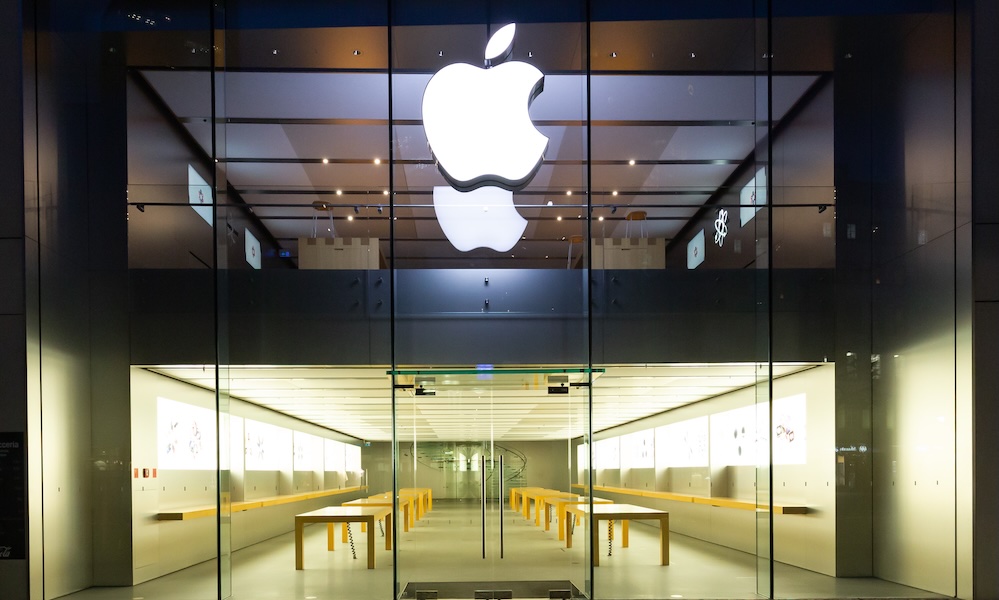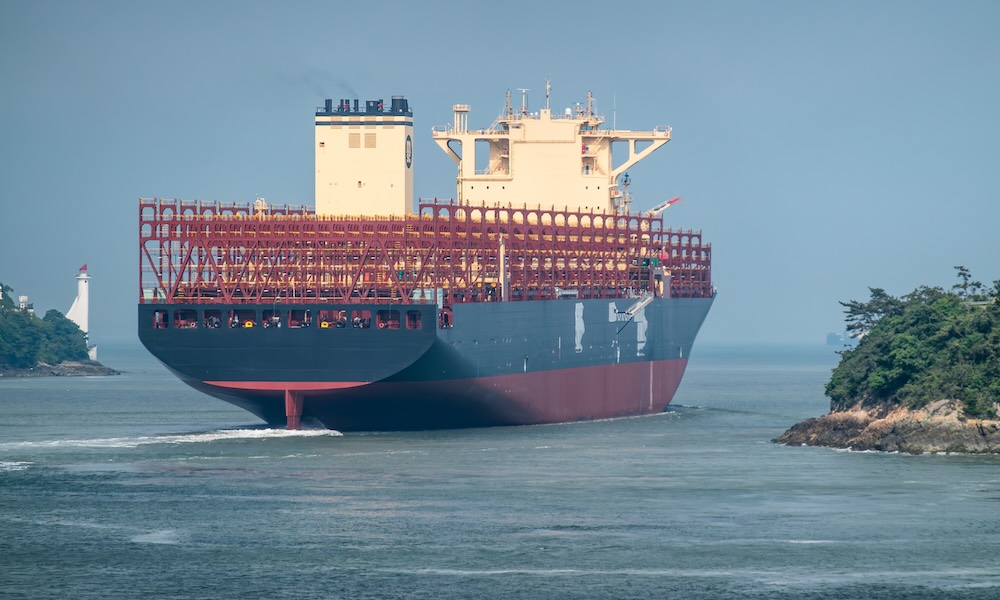Major Apple Supplier Issues New Warning to US Consumers
 Anselm / Adobe Stock
Anselm / Adobe Stock
Toggle Dark Mode
We often cover news about Apple chipmaker TSMC, which manufactures the A-series and M-series chips that power most Apple devices. TSMC recently started producing some chips in their new Arizona facility and has committed as much as $100 billion to build additional manufacturing infrastructure in the US.
However, TSMC is far from Apple’s only supplier. As we shared earlier this week, Apple relies on 187 suppliers in 28 countries for the iPhone alone. Among these is Pegatron, another large Taiwan-based company spun out of the well-known electronics corporation ASUS in 2008. Pegatron assembles iPhones in various locations, including India and China. As of 2023, Pegatron employed nearly 100,000 people worldwide.
In a recent conversation with Reuters, Pegatron’s chairman, T.H. Tung, made an ominous prediction about the US economy.
Within two months, shelves in the United States…might resemble those in third-world countries, where people visit department stores and markets only to find empty shelves, all because everyone is waiting and seeing.
According to Tung, Pegatron began moving manufacturing locations from China during Trump’s first term, diversifying to other countries in Southeast Asia and Mexico. However, the wait-and-see approach is currently one of the only options for large manufacturers working with US customers. Tung believes Trump’s tariffs have “disrupted the seamless logistics at the centre of the modern global supply chain.” Given the complexities, costs, and planning required for manufacturing bases, Tung says Pegatron “won’t immediately adjust [their] long-term plans just because of two or three months of tariff changes.”
This seems to be the only logical approach. The Trump administration’s unpredictability concerning tariffs has injected uncertainty into the global supply chain. Loading planes with iPhones from India and China to get ahead of tariffs is one thing, but reworking entire production, manufacturing, and assembly processes is quite another. Tung pointed out that these decisions are carefully and strategically planned with their customers, like Apple and Dell.
What does this all mean for us? Well, it looks like we’ll have to wait and see, too. There are already reports of US inbound shipping traffic going way down, including some nearly empty ports. This is a far cry from the floating port traffic jams of the COVID era. Will we see empty shelves at our usual favorite shopping spots? Even worse, will Apple Stores run out of iPhones and other devices? It’s hard to imagine, but it sure seems possible.









